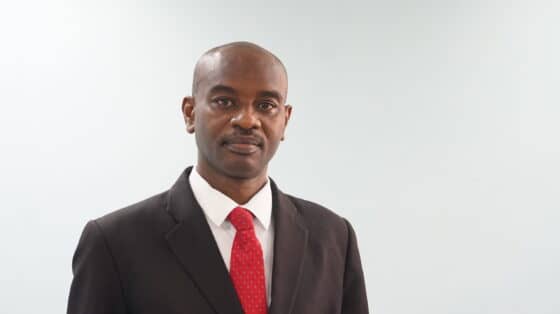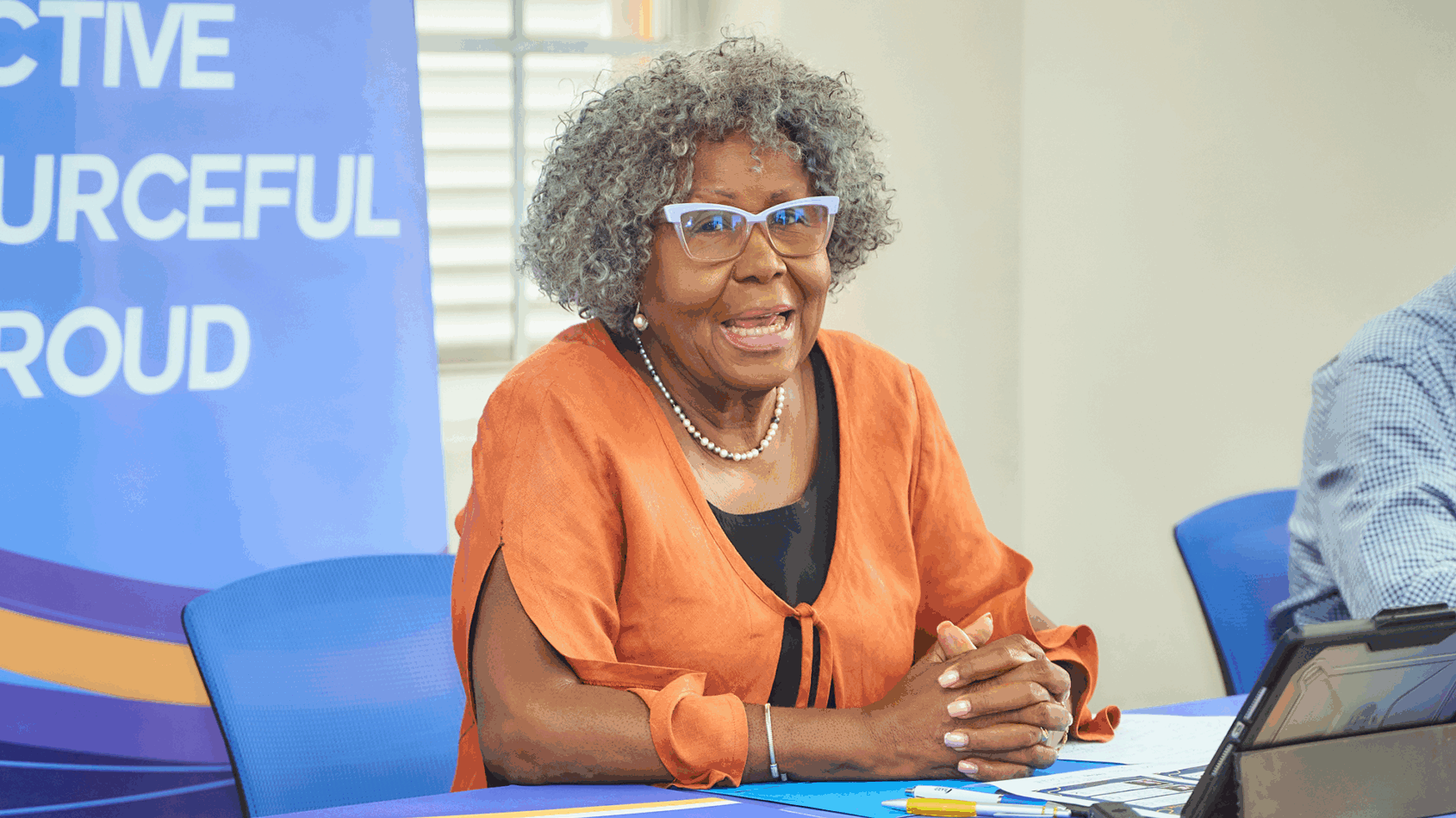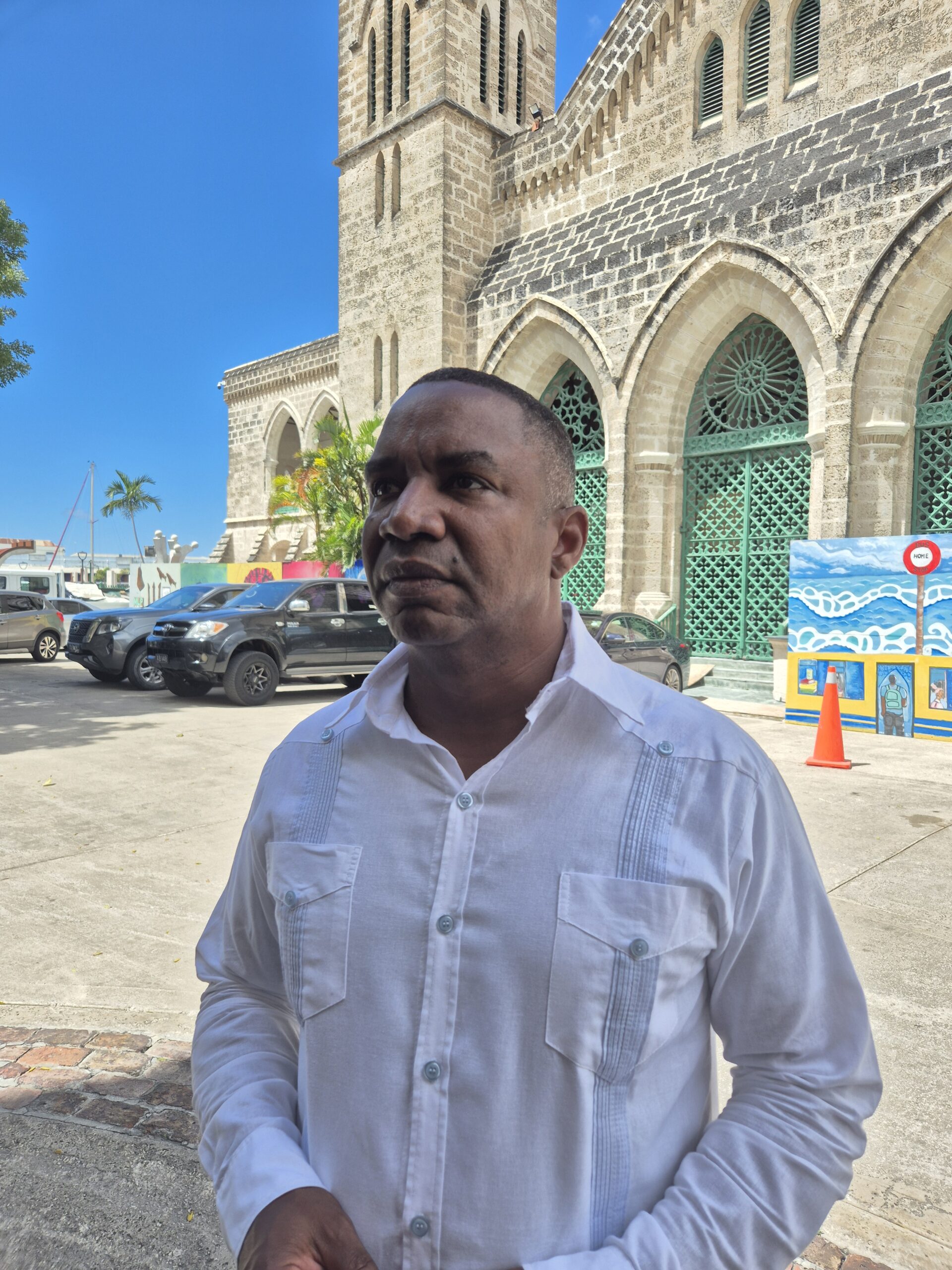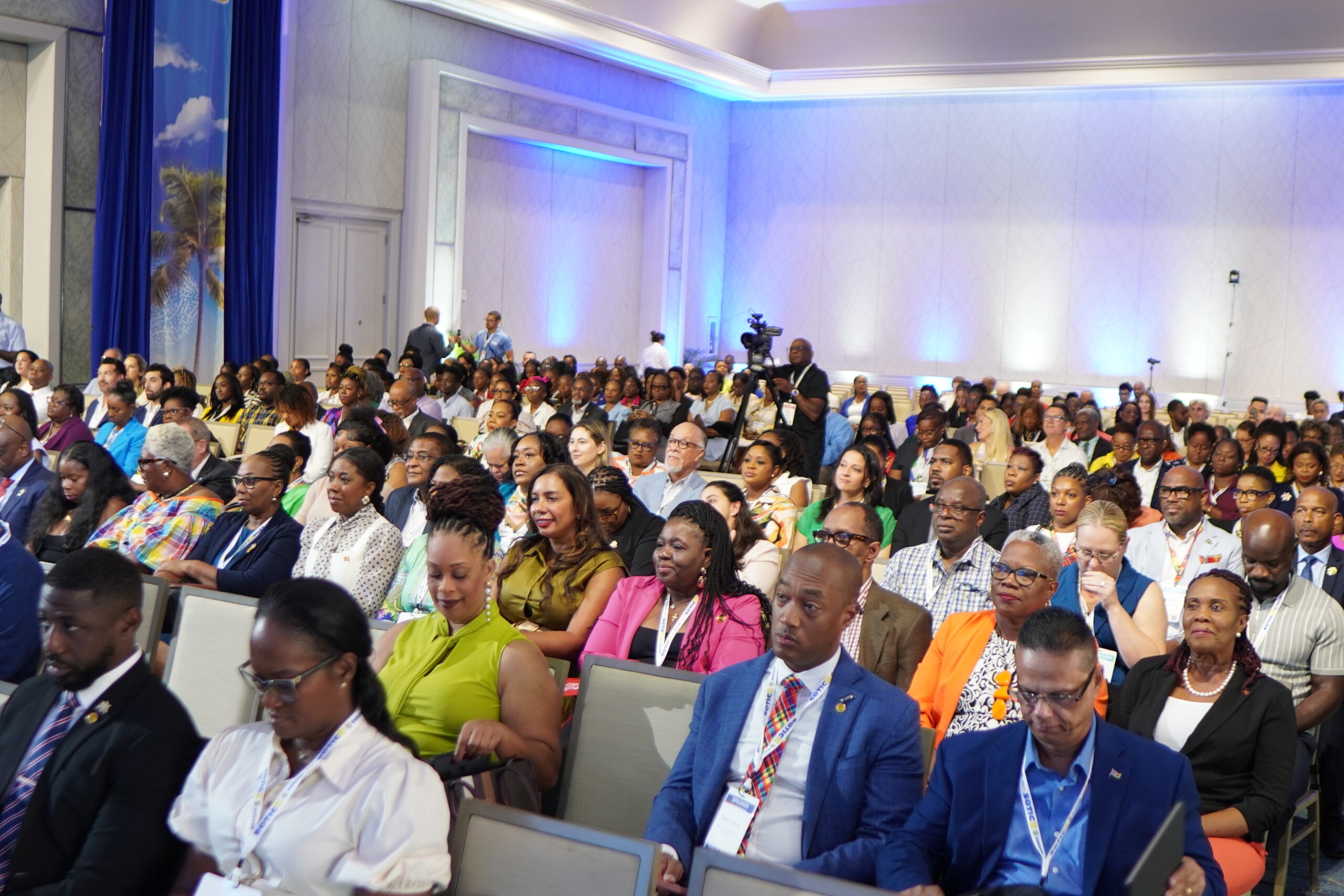The Sosúa City Council in Puerto Plata has unanimously decided to dismantle the Atabey statue, a 16-foot underwater sculpture installed in March 2023. The statue, created by the Maguá Foundation and Global Coralition, was intended to serve as both a tourist attraction and a project to restore coral reefs. It represented Atabey, the Taíno mother of water deity, and aimed to promote art, culture, and environmental conservation. However, the decision to remove it was made during a session led by Council President Fausto Santos, following a proposal by Catholic priest Johnny Espinal Castillo and pastor Sebero Cordero Capellán, head of the Federation of Pastors. Since its installation in Sosúa Bay, the sculpture has been a source of controversy. Supporters praised its cultural and ecological significance, while critics, particularly religious groups, labeled it as promoting idolatry. The municipal ordinance has reignited debates on social media, with opinions divided between viewing the statue as a valuable cultural and environmental initiative or as an unwelcome foreign element.
博客
-

Dominican government presents five-year achievements
The Dominican government has released its comprehensive report titled ‘Government Management Achievements August 2020 – August 2025,’ detailing significant advancements across multiple sectors. Presented by journalist Félix Reyna, Director of Government Strategy and Communication (Diecom), during a press conference at the National Palace in Santo Domingo, the report highlights progress in health, security, education, housing, and the economy.
Key health indicators show remarkable improvements: life expectancy at birth increased from 73.5 years in 2016 to 75.1 years in 2024, while infant mortality rates dropped by 30.8%. Social security coverage more than doubled, ensuring greater protection for citizens. In the realm of security, the homicide rate fell to 8.3 per 100,000 inhabitants, and femicides decreased to 1.16, attributed to the Comprehensive Citizen Security Strategy, enhanced police recruitment, and operations like ‘Guarantee of Peace.’
Housing initiatives saw the construction of over 15,000 new homes and improvements to nearly 52,000 existing ones, with more than 532,000 individuals receiving property titles, bolstering legal and economic security. Economically, nearly 900,000 people emerged from poverty, GDP per capita grew by over 34% since 2019, and foreign direct investment exceeded US$4.5 billion. Record-breaking exports in agriculture and manufacturing further underscored economic resilience.
Education coverage expanded to over 4.5 million children and youth, with innovative programs in robotics, advanced English, and technical training. Renewable energy capacity tripled to 1,994 MW, while advancements in water access, electrification, and housing enhanced climate resilience. Transparency measures also contributed to a 22.3% increase in the government effectiveness index.
Looking forward, the administration has set ambitious goals for 2028, including raising life expectancy to 77 years, maintaining homicide rates below 8 per 100,000 inhabitants, expanding educational coverage, and ensuring the middle class represents 50% of the population. Additionally, the government aims to increase households with low climate vulnerability to 75%, reinforcing its commitment to sustainable development, resilience, and social equity.
-

Public trust fund proposed to tackle energy losses
The Energy Institute at the Autonomous University of Santo Domingo (UASD) has unveiled a groundbreaking proposal to address the persistent issue of energy losses plaguing the Dominican Republic’s distribution company, Edeeste. The initiative, introduced during the panel discussion ‘Energy Loss Management in the Dominican Republic’ hosted by the Faculty of Engineering and Architecture, advocates for the establishment of a public trust fund. This fund aims to mitigate the financial strain caused by electricity fraud and non-payment, which have led to a structural deficit currently subsidized by the state. Dean Omar Segura Alcántara emphasized that reducing these losses is crucial for developing a sustainable, competitive, and socially equitable electricity system. The proposed trust fund would ensure transparency, continuity across political transitions, and access to international financing. Additionally, it would introduce pay-for-results contracts to drive efficiency improvements. The initial implementation is planned for the Eastern region, excluding Edenorte and Edesur. José Luis Moreno San Juan, another representative from the UASD Energy Institute, highlighted that a significant portion of revenues—73%—is allocated to generators, leaving distributors with limited resources to manage operations effectively.
-
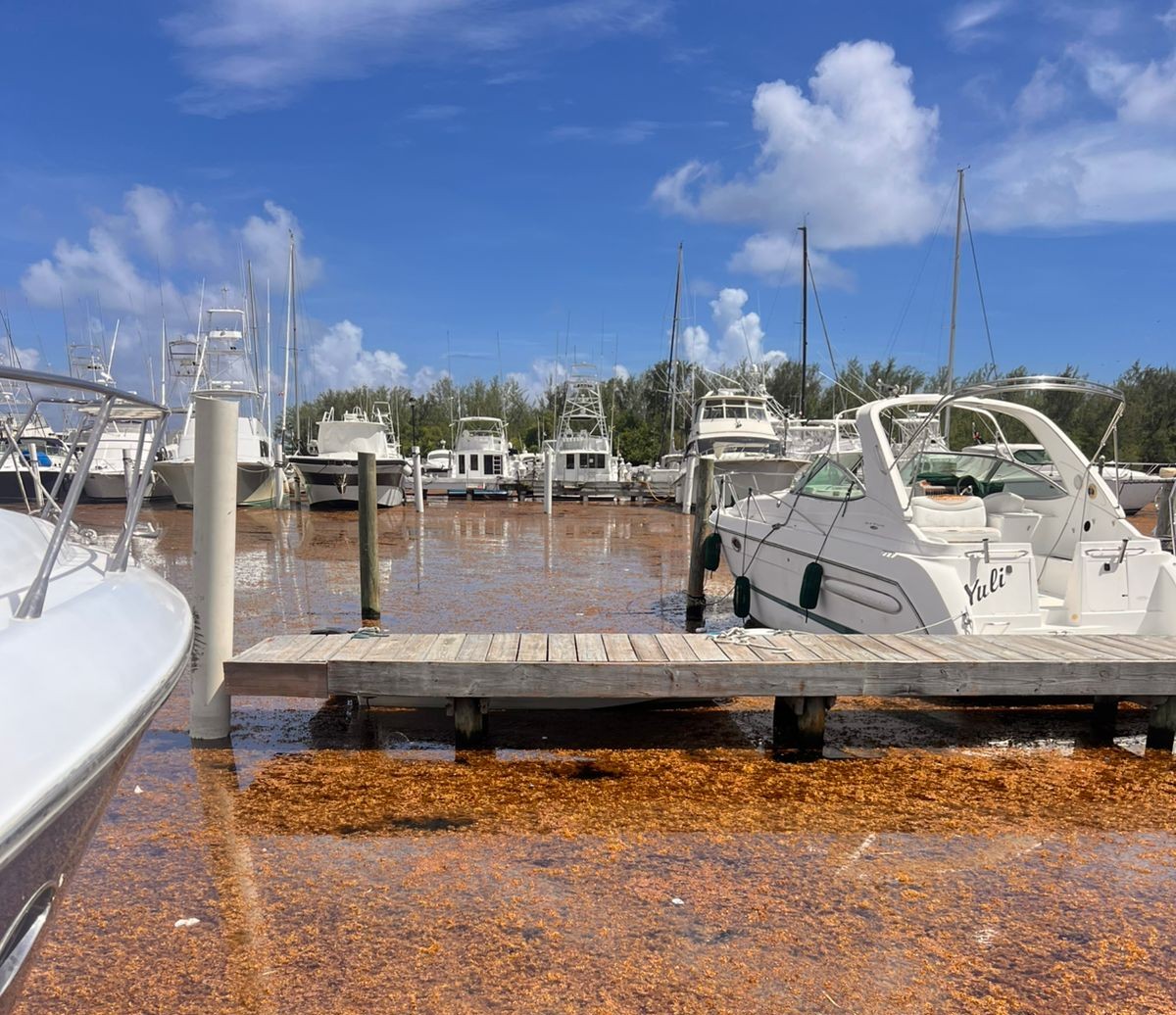
US$50 million to be invested to combat sargassum in the Caribbean, starting in the Dominican Republic
InterEnergy Group has unveiled a groundbreaking $50 million initiative to address the sargassum crisis in the Caribbean, starting with the Dominican Republic. The announcement was made by CEO Rolando González-Bunster during the 20th Clinton Global Initiative (CGI) in New York, underscoring the company’s dedication to sustainable development and environmental preservation. The fund aims to unite public and private sectors in safeguarding the region’s ecosystems and tourism industry, which have been severely impacted by the invasive seaweed. González-Bunster emphasized InterEnergy’s proven track record in renewable energy, including the construction of wind farms like Quilvio Cabrera and Los Cocos I in the Dominican Republic, as well as the Laudato Si’ wind farm in Panama, the largest in Central America and the Caribbean. The company has also spearheaded transformative projects such as converting Energas to natural gas in the Dominican Republic, building Panama’s Gatún Generator—the region’s largest natural gas plant—and achieving 100% renewable electrification of Saona Island. Looking ahead, InterEnergy plans to convert two power plants in Jamaica to natural gas, reducing CO₂ emissions by up to 40% and providing cleaner energy to over 250,000 homes. Over the past two decades, the company has invested more than $2 billion in clean energy, driving energy security, decarbonization, and sustainable development across Latin America and the Caribbean.
-
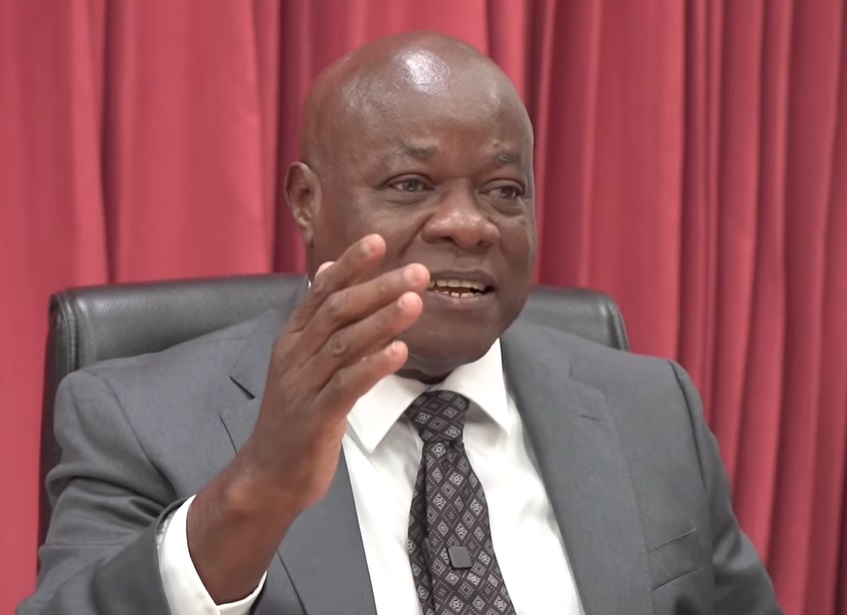
PNCR central committee reaffirms confidence in Norton, resigned executive members replaced
In a decisive move, the People’s National Congress Reform (PNCR) Central Executive Committee (CEC) has reaffirmed its unwavering support for party leader Aubrey Norton, dismissing widespread speculation of internal discord following the coalition’s significant defeat in the September 1 general and regional elections. The CEC, in a late-night statement issued after its first post-election meeting, categorically rejected claims of turmoil within the party, emphasizing that the PNCR remains united and focused on rebuilding its political strength. The committee reiterated its full confidence in Norton’s leadership, stating that he will continue to lead the party until the next congress, scheduled for 2026, where internal elections will take place. The statement also highlighted that any change in leadership must adhere to the party’s constitution and can only occur at a duly convened congress. Additionally, the PNCR addressed the recent resignations of two CEC members, Mervyn Williams and Jermaine Figueira, by confirming the appointment of two new members. While the party did not disclose the names of the replacements, sources suggest that Christopher Jones and Egerton David, who secured the 16th and 17th highest votes in the last internal elections, are likely candidates. However, their official acceptance of the roles remains pending. The PNCR’s firm stance underscores its commitment to stability and resilience as it navigates the aftermath of the electoral setback.
-

FRS EXPRESS Des Iles cancels all services till October 12
FRS EXPRESS Des Iles has announced an unexpected suspension of all its services until October 11, 2025, citing a technical issue. In a recent statement, the company expressed its regret for the inconvenience caused and assured passengers that operations are expected to resume by October 12, 2025. Customers seeking further details or assistance are encouraged to contact HHV Whitchurch & Co Ltd at their Roseau or Portsmouth offices. The company also advised passengers to stay updated through its official Facebook and Instagram pages. FRS EXPRESS Des Iles extended its sincere apologies for the disruption, emphasizing its appreciation for customers’ understanding and patience. The company remains committed to resolving the issue promptly and looks forward to restoring its services soon.

